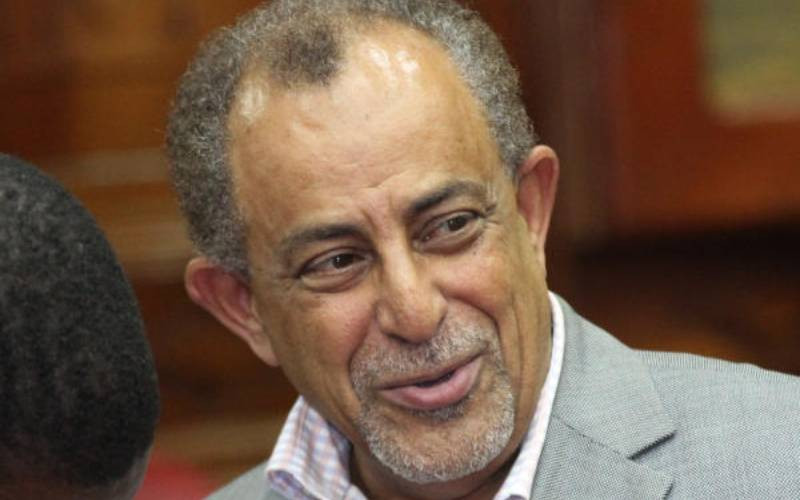
If you want to understand the perils of uncontrolled privatisation, read Chapter 11 of Naomi Klein's book 'Shock Doctrine'. It describes in chilling detail how key corporations of the Soviet Union were sold for a song and ended up in the hands of a few people who became known as the "Oligarchs".
In 1991, Russia President Yeltsin went to Parliament and made an unorthodox proposal. If they gave him one year of special powers, under which he could issue laws by decree rather than bring them to Parliament for a vote, he would solve the economic crisis and give them back a thriving healthy system. What Yeltsin was asking for was the kind of executive power enjoyed by dictators, not democrats, but Parliament was still grateful to the President for his role in resisting the attempted coup.